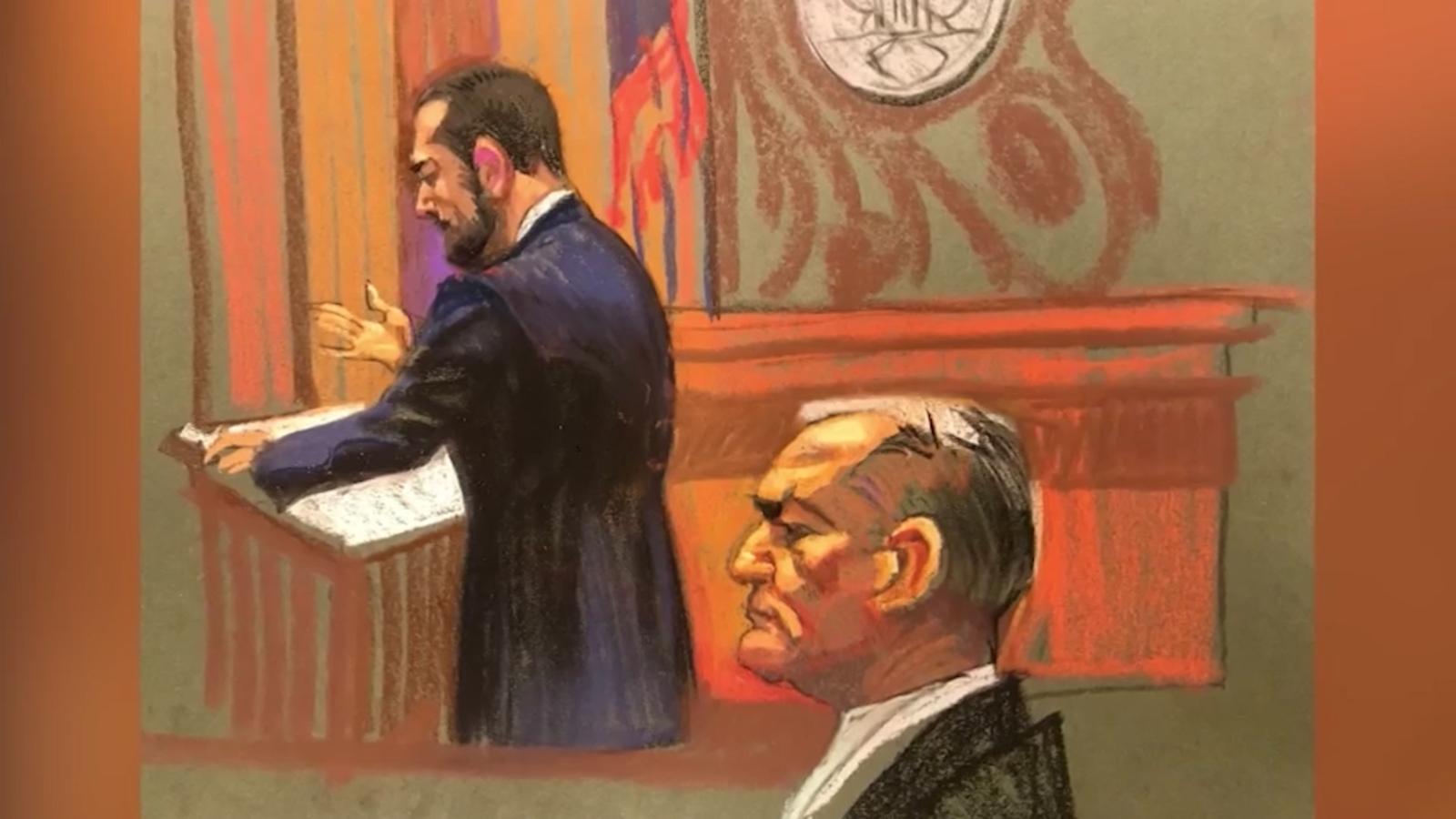OPINION |
Jorge Castañeda analyzes the verdict against García Luna 5:13
Editor's note:
Jorge G. Castañeda is a contributor to CNN.
He was Mexico's Secretary of Foreign Relations from 2000 to 2003. He is currently a professor at New York University and his most recent book, “America Through Foreign Eyes,” was published by Oxford University Press in 2020. The views expressed in this commentary They are solely the author's.
You can find more opinion pieces at CNNe.com/opinion.
(CNN Spanish) --
The conviction of former Mexican Public Security Secretary Genaro García Luna, in a federal court in Brooklyn last week, may mean a before and after in the history of drug trafficking in Mexico.
It is, most likely, a milestone in the Mexican War in the cooperation between Mexico and the United States against drug trafficking, and in the annals of the Mexican political class.
There are several reasons that can lead to this conclusion.
The first is that, although for years the United States government had captured or executed drug lords in Mexico, Colombia or other countries, and had also managed to extradite some mid-level officials, Mexican or from other countries , the so-called long arm of the US law had never tried and sentenced a public figure of such a high level in Mexico as García Luna.
Coupled with the extradition and indictment of former Honduran President Juan Orlando Hernández on drug charges last year (charges to which he pleads not guilty) this means that all public officials in Mexico, Central America, and other Latin American countries already know that they will always be subject to trial and, where appropriate, sentencing in a court of the United States,
This is how López Obrador reacted to the guilty verdict of Genaro García Luna
Secondly, it is clear that politicians from Mexico and other countries who for one reason or another get involved in drug trafficking can get impunity in their own countries, but no longer in the United States.
This implies, in the same way that Cuban, Nicaraguan, Venezuelan and other countries officials have been subjected to personal sanctions by the US authorities, they may lose their visa, their property, their freedom of transit or residence in the United States, even if it is not the case in their own nations.
It is an additional risk to which they are exposed in case of incurring in these activities.
This will lead to a different behavior in the future.
Not necessarily less illegal, but less visible, more covert, more protected.
Third, it is true that the conviction of García Luna may make many high-ranking security officials in Mexico, or in other societies, reflect before becoming as friendly to the United States as García Luna was.
Everything indicates that it is of no use.
Close cooperation and friendship with the United States now depends, to some degree, not only on the DEA but on the decisions made by the Department of Justice, the Department of State and, of course, twelve juries somewhere in the United States.
To think that he is a friend of the United States forever now is an obvious mistake.
So perhaps being a friend of the US government no longer warrants special treatment.
advertising
Genaro García Luna found guilty of 5 charges, including the sale of cocaine
Within Mexico, this generates very mixed feelings.
Many analysts have highlighted the factual or material insufficiency of the evidence presented against García Luna in the Brooklyn court.
They have also commented that this contrasts with most other similar cases or even with the criminal justice administration system in the United States.
Normally, pure testimonies, even under oath, are not enough to convict someone.
Material evidence is needed: photos, videos, telephone recordings, documents, emails, etc.
It was not the case this time and the obvious question is why?
The difference between the legal systems of Mexico and the United States, abysmal at the best moments, appears enormous in this case.
And this logically generates resentment, skepticism and cynicism in Mexico, in the sense of asking some Mexicans that, in the same way that there is really no justice in Mexico, what exists in the United States leaves much to be desired.
Mexico has agreed to submit to a large number of legal criteria from the United States in business, environmental, labor, criminal matters in many cases, and of course civil matters, to the extent that the López Obrador government has even filed a civil lawsuit against García Luna. in a Florida court.
If it were the case that public opinion in Mexico stopped believing in US justice, the question that could arise in the coming months and years will be whether it has made much sense to submit to a foreign justice - even voluntarily - that is not really justice. .
As can be seen, the García Luna case will bring far-reaching consequences in the long term.
Perhaps the Brooklyn jury didn't exactly appreciate the implications of their decision.
Although, on the other hand, that was not his task.
He only had to decide if García Luna was guilty or not.
Genaro Garcia Luna

